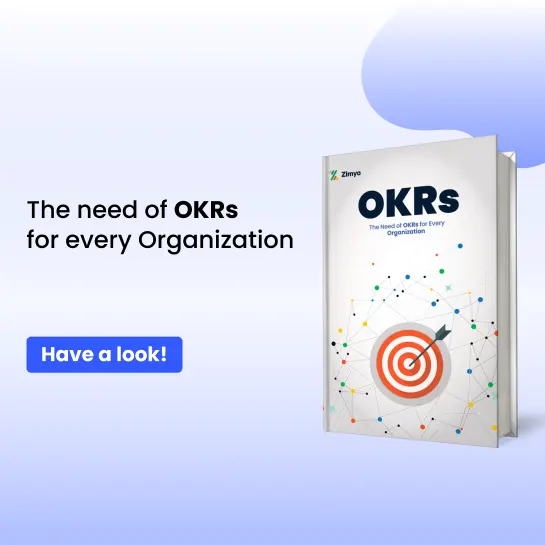A Financial Analyst is responsible for collecting, analyzing, and interpreting financial data to support decision-making within an organization. They create financial models, forecasts, and reports, helping assess business performance, identify trends, and inform strategic planning. This role requires strong analytical thinking, Excel proficiency, and understanding of accounting and finance principles.
These interview questions evaluate their quantitative skills, business acumen, financial modeling expertise, and ability to communicate insights effectively to stakeholders.
Interview Questions with Answering Tips
1. Can you describe your experience as a financial analyst?
How to Answer:
- Mention industries worked in, tools used (Excel, Power BI, Tableau), and key responsibilities like forecasting, budgeting, or variance analysis.
2. What financial modeling techniques have you used?
How to Answer:
- Discuss building income statement, balance sheet, cash flow models, or DCF (Discounted Cash Flow) models.
- Share tools used (Excel, Python, R) and how models supported decisions.
3. How do you perform variance analysis?
How to Answer:
- Walk through steps: comparing actuals vs. budget, identifying drivers, and communicating impact.
- Mention root cause analysis and corrective recommendations.
4. Which financial statements do you analyze most and why?
How to Answer:
- Emphasize all three: Income Statement (profitability), Balance Sheet (assets/liabilities), Cash Flow (liquidity).
- Share examples of decisions informed by these insights.
5. What metrics/KPIs do you track in your current role?
How to Answer:
- Examples: Gross margin, EBITDA, ROIC, burn rate, current ratio, DSO (Days Sales Outstanding).
- Tie them to business performance or operational efficiency.
6. How do you ensure accuracy in your financial reports?
How to Answer:
- Mention data validation, cross-checking, peer review, and version control practices.
- Share a time when this approach prevented an error.
7. Have you worked with financial forecasting or budgeting? What’s your process?
How to Answer:
- Explain how you gather historical data, collaborate with stakeholders, use assumptions, and apply top-down or bottom-up forecasting.
8. What software/tools are you proficient in?
How to Answer:
- Include Excel (VLOOKUP, PivotTables, Macros), ERP systems (SAP, Oracle), BI tools (Power BI, Tableau), and SQL if applicable.
9. Tell us about a time you identified a financial risk or opportunity.
How to Answer:
- Use the STAR method. Focus on analysis done, communication of findings, and business impact.
10. Explain how you would analyze a company's financial health.
How to Answer:
- Use ratios: liquidity, solvency, profitability.
- Combine quantitative review with qualitative factors like market position or business model.
11. How do you present complex financial data to non-financial stakeholders?
How to Answer:
- Mention simplifying visuals (charts, dashboards), using analogies, and focusing on actionable insights.
12. What’s your approach to cash flow analysis?
How to Answer:
- Discuss tracking operating, investing, and financing activities.
- Mention identifying liquidity trends or working capital gaps.
13. Have you been involved in M&A analysis or capital investment decisions?
How to Answer:
- If yes, talk about ROI calculations, DCF, scenario analysis.
- If no, explain what you know theoretically and how you’d approach it.
14. How do macroeconomic trends impact your analysis?
How to Answer:
- Talk about monitoring interest rates, inflation, GDP, and their influence on cost of capital or demand forecasting.
15. Hypothetical: Revenue drops by 20% this quarter - how would you investigate?
How to Answer:
- Start with a breakdown by segment/product/region.
- Check historical data, external factors, and operational costs.
- Present insights with recommendations.
16. What’s your experience working cross-functionally (e.g., with sales or ops)?
How to Answer:
- Highlight collaboration to build forecasts, set budgets, or analyze P&L by department.
17. Have you automated any reporting or analysis tasks?
How to Answer:
- Discuss macros, dashboards, SQL scripts, or BI tools that improved accuracy or saved time.
18. What’s your greatest strength as a financial analyst?
How to Answer:
- Focus on problem-solving, attention to detail, speed with accuracy, or ability to turn data into stories.
19. Why do you want to work as a Financial Analyst at our company?
How to Answer:
- Show interest in the industry, data-driven decision-making, or learning from a larger finance team.
20. Where do you see yourself in 3–5 years?
How to Answer:
- Be honest. Mention growth into FP&A, team leadership, CFA pursuit, or becoming a finance business partner.
21. Do you have any questions for us?
How to Answer:
- Ask about finance tools used, reporting cycles, key challenges, or role in strategic decision-making.


